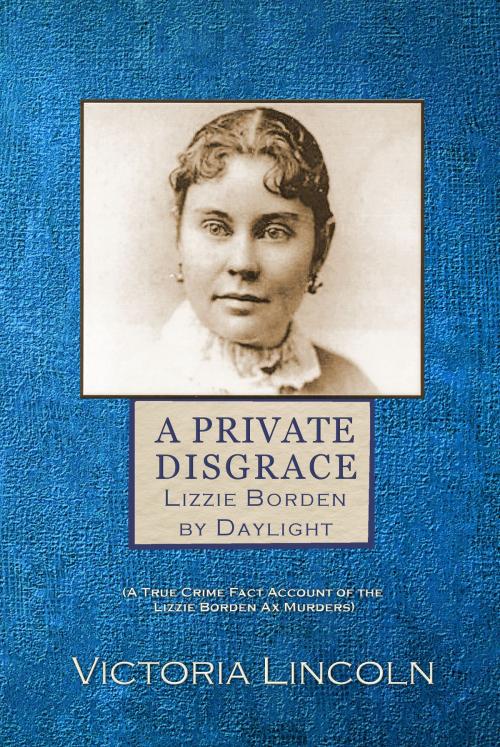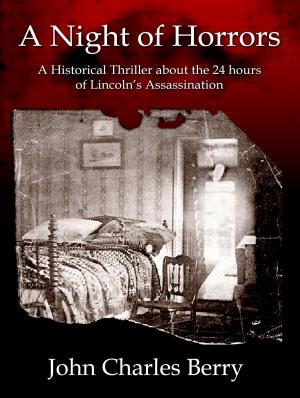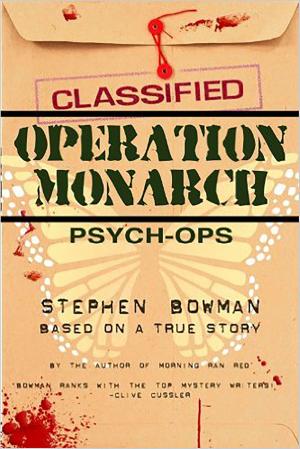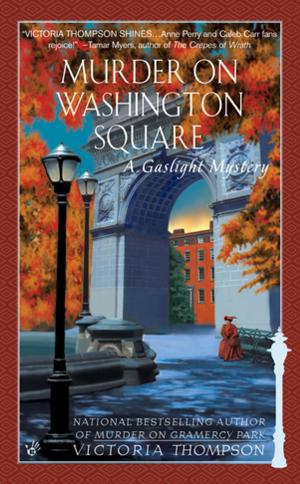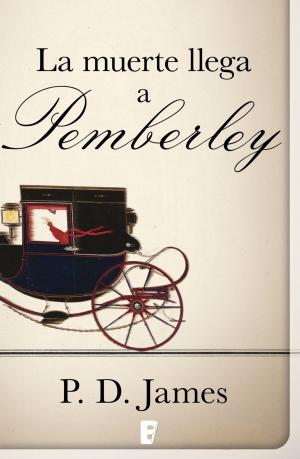A Private Disgrace: Lizzie Borden by Daylight
Nonfiction, Social & Cultural Studies, Social Science, Crimes & Criminals, Murder, True Crime, Mystery & Suspense, Historical Mystery| Author: | Victoria Lincoln | ISBN: | 9780985489618 |
| Publisher: | Victoria Lincoln | Publication: | November 21, 2012 |
| Imprint: | Smashwords Edition | Language: | English |
| Author: | Victoria Lincoln |
| ISBN: | 9780985489618 |
| Publisher: | Victoria Lincoln |
| Publication: | November 21, 2012 |
| Imprint: | Smashwords Edition |
| Language: | English |
Lizzie Borden took an axe,
And gave her mother forty whacks,
When she saw what she had done,
She gave her father forty-one.
Lizzie Andrew Borden (b.1860 – d.1927) was tried and acquitted in the 1892 axe murders of her father and stepmother in Fall River, Massachusetts. Media coverage of the case created a furor throughout the United States reminiscent of the Rosenberg, Claus von Bulow and O.J. Simpson trials. No other suspect was ever charged with the double homicide, and speculation on the case continues to this day.
The case is curious because there was no physical evidence linking Lizzie to the murder. The broken axe the police found in the basement was clean of blood and the police refused to use forensic testing for fingerprints (a science then in its infancy). The defense raised evidence that Andrew Borden was a hard businessman who had made many enemies. On the other hand, the atmosphere in the Borden household was tense, Lizzie resented her stepmother, she was prone to mental instability, and she had purchased poison a few days before the murders which police suspected was the cause of food poisoning. There was a financial motive: Lizzie was upset her father had transferred property she was due to inherit to other family members. And then there was the 'paint stained' dress Lizzie burned three days after the murder…
In March 2012, the handwritten journals of one of Lizzie's defense attorneys, Andrew Jennings, finally came to light. The journals, which contain newspaper clippings and notes Jennings made at the time of trial indicate he felt Lizzie was innocent. However, in later years there was tension between Lizzie and Jennings. Once the trial was over, Jennings cut off any mention of it with a firm statement that he preferred not to discuss it. The sudden disappearance of the Borden maid back to Ireland always cast a shadow over the characters of Lizzie’s three attorneys, and Lizzie resented their whopping $25,000 legal bill (an ungodly sum of money back in 1893). Attorney's get paid to believe their clients are innocent, and Lizzie's three lawyers got paid better than most.
Lizzie’s three lawyers got paid better than most.
Although there are many books written on the double homicide and subsequent murder trial, A Private Disgrace is far and above the most readable. Victoria Lincoln was a professional writer who grew up in Fall River, near Lizzie Borden. As the daughter of a family that produced machinery for the cotton mills that were the foundation of Fall River’s economy, Miss Lincoln grew up acutely aware of the social distinctions, manners and mores of the society to which the Bordens belonged and in which Lizzie's trial took place. This first-hand knowledge, combined with her painstaking research, make her unique among writers about the case.
Lizzie Borden took an axe,
And gave her mother forty whacks,
When she saw what she had done,
She gave her father forty-one.
Lizzie Andrew Borden (b.1860 – d.1927) was tried and acquitted in the 1892 axe murders of her father and stepmother in Fall River, Massachusetts. Media coverage of the case created a furor throughout the United States reminiscent of the Rosenberg, Claus von Bulow and O.J. Simpson trials. No other suspect was ever charged with the double homicide, and speculation on the case continues to this day.
The case is curious because there was no physical evidence linking Lizzie to the murder. The broken axe the police found in the basement was clean of blood and the police refused to use forensic testing for fingerprints (a science then in its infancy). The defense raised evidence that Andrew Borden was a hard businessman who had made many enemies. On the other hand, the atmosphere in the Borden household was tense, Lizzie resented her stepmother, she was prone to mental instability, and she had purchased poison a few days before the murders which police suspected was the cause of food poisoning. There was a financial motive: Lizzie was upset her father had transferred property she was due to inherit to other family members. And then there was the 'paint stained' dress Lizzie burned three days after the murder…
In March 2012, the handwritten journals of one of Lizzie's defense attorneys, Andrew Jennings, finally came to light. The journals, which contain newspaper clippings and notes Jennings made at the time of trial indicate he felt Lizzie was innocent. However, in later years there was tension between Lizzie and Jennings. Once the trial was over, Jennings cut off any mention of it with a firm statement that he preferred not to discuss it. The sudden disappearance of the Borden maid back to Ireland always cast a shadow over the characters of Lizzie’s three attorneys, and Lizzie resented their whopping $25,000 legal bill (an ungodly sum of money back in 1893). Attorney's get paid to believe their clients are innocent, and Lizzie's three lawyers got paid better than most.
Lizzie’s three lawyers got paid better than most.
Although there are many books written on the double homicide and subsequent murder trial, A Private Disgrace is far and above the most readable. Victoria Lincoln was a professional writer who grew up in Fall River, near Lizzie Borden. As the daughter of a family that produced machinery for the cotton mills that were the foundation of Fall River’s economy, Miss Lincoln grew up acutely aware of the social distinctions, manners and mores of the society to which the Bordens belonged and in which Lizzie's trial took place. This first-hand knowledge, combined with her painstaking research, make her unique among writers about the case.
